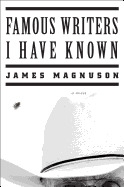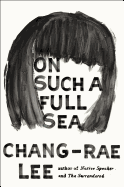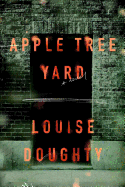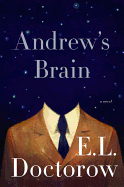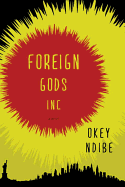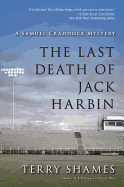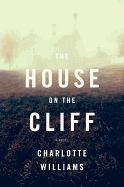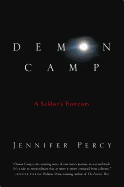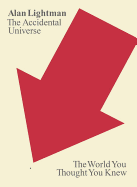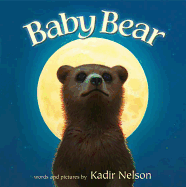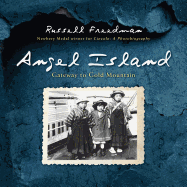_Annika_Lee.jpeg) |
| photo: Annika Lee |
Chang-Rae Lee was born in 1965 and left South Korea with his family when he was three years old. His novels Native Speaker (1995), A Gesture Life (1999), Aloft (2004), The Surrendered (2010) and the new On Such a Full Sea (see our review below) poignantly depict various facets of guilt and betrayal in the context of cultural identity, social changes and migration. Lee is a recipient of the Hemingway Foundation/PEN Award, the Dayton Peace Prize and a finalist for the Pulitzer Prize. He teaches writing at Princeton University.
On Such a Full Sea comes from Brutus's speech in Julius Caesar, about riding on fortune's high tides and seizing new opportunities. But betrayal lurks within this carpe diem notion. Fan, our heroine, faces many betrayals in her search for love and fulfillment. Is betrayal necessary for progress?
I see betrayal in the novel as a means of renewal. In her journey Fan meets all sorts of people, and from widely disparate circumstances and outlooks, all of whom appear to have some veiled design for her, and indeed it feels as if she's in constant or at least serial peril. From a narrative point of view, this is naturally appealing. We have to wonder whether Fan will escape or survive, and if she doesn't "change" as a character in some typical manner, her persistence in the face of all that danger steels her rather than wears her down, each episode she endures endowing her with more knowledge and confidence and perhaps even a measure of faith. I suppose that is "progress," in action and being.
"Fan" might refer to the culture of fan calligraphy in ancient China, how stories and poems are etched on court fans. Or the name can mean "rice" or "kindness." How did you decide on the name Fan and which definition, if any, comes closest to your intended meaning?
To be honest I didn't think about such meanings, simply liking the simplicity and delicacy of "Fan." But thinking about it now, "rice" aligns with who she is quite well. I like the idea of Fan being like "rice"--something that is elemental, basic yet all-important, and possessing a modest but gleaming purity, too. And people clearly seem to need her, to nourish a hunger they haven't quite figured out.
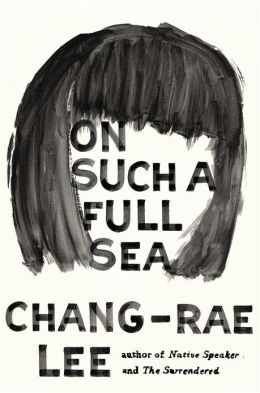 Fan utters the mysterious phrase, "Where you are" shortly before departing B-Mor. Does knowing "where you are" work as deliverance?
Fan utters the mysterious phrase, "Where you are" shortly before departing B-Mor. Does knowing "where you are" work as deliverance?
I will admit that the moment I wrote it for Fan I felt both certain as to what she meant as well as slightly puzzled. I'm not trying to be coy here. Sometimes you can write something and like it without fully understanding it. So perhaps it's best to leave what she says unexplained by yours truly. But I will say that a great part of what I found curious about the phrase is that it isn't a complete phrase. It's a fragment, meant to be added to, and I think the key is thinking about what's to be added, and by whom, and for what reasons or needs, depending on what's at the core of a being.
You mentioned that B-Mor is based on present-day Baltimore and Shenzhen, China. You often pass Baltimore during your train commute between New York and Washington, D.C., but had to travel to Shenzhen to see this industrial city first-hand. Why did you go so far?
I've always found that the most valuable insights come not just from what you can process intellectually from pictures and video and articles and books, but from what you can physically and even emotionally absorb. This can come only by placing yourself in situ, right in the heart of the places you're writing about, so you can see the living color, smell the particular tinge of the air, and watch the faces and gestures of the people, because it's never simply a matter of their words. I toured a factory outside of Shenzhen, and although I couldn't use much of the specific details of the facility I saw, I got a deep impression of the sensibility of the workers, the unvoiced tenor of their lives at the production benches and in their cramped dorm rooms. And it was this sensibility that I brought, in slightly altered form, to the fictional B-Mor, an atmosphere of self-willed compliance, a submission of body and mind and maybe soul in trade for basic security and stability.
On Such a Full Sea appears to be a distinctly American parable about disenfranchisement--like Steinbeck's The Grapes of Wrath. Why did you choose the first-person plural point of view?
It didn't feel quite right to tell the story of Fan through a single consciousness. The ready perspective would have been hers, but Fan in my conception was not one of those heroes who leads by chattering away, with boundless charm and wit. I enjoy those narrators as much as anyone, but that wasn't Fan. And then I had another interest in this novel besides telling of Fan's exploits and adventures, which was how these journeys would play to B-Mor itself, how the community would report on them, and feel about them, and perhaps then begin to imagine and re-mold her story. This is as much a novel of a communal consciousness and the ways in which legends are told and digested. So it felt right when I found the plural voice, this chorus that is all-knowing and everywhere but also vulnerable to what it's seeing.
The collective voice of B-Mor asserts that its citizens are not "drones or robots and never will be," but raises the question of whether being "an individual" makes a difference anymore. Would you elaborate on this, since "individual" is never defined in On Such a Full Sea? Can Fan be a successful trespasser of borders without losing her individuality?
Yes, as the narrator asserts, "we" are individuals, but I think there's a deep worry in the novel that individualism as one normally understands it was being profoundly transformed by the conditions of the world, not just in B-Mor but in the Counties and the Charters as well. Each community has its pressures and dangers, and those stresses, in my view, wear deeply on the psyches of the respective inhabitants. Each group expresses these stresses differently, each has its particular set of anxieties, whether over money or food or security, but what they all seem to have in common is a certain besiegement that keeps them from being truly free. There's an interest by the narrator in the notion of freedom, though again I don't think it's ever directly addressed. It's not so much political freedom but perhaps more one of the imagination. Fan captivates the narrator because she seems to have imagined a different existence for herself and Reg, one beyond the fixed "borders" of these societies.
The relationships among women in this novel are vividly evoked, from the fraught relationship between Fan and Loreen to the sisterly bond among the seven kept girls in Miss Cathy's household. How did you gain such astute, colorful insights into the lives of women?
I'm pleased that you thought this of the women's relationships. Perhaps it's that I have two daughters, who are now growing up into young women, and that our household is run by them and my wife! Of course I have some say in things, but the heart of the matter is that our life is their life, and that gradually enough, over the years, I've become one of the "girls," which I don't mind at all.... I think there's a special bond that women enjoy, an openness to their loving and willing interdependence that a group of men doesn't naturally have. --Thuy Dinh, editor, Da Mau magazine
Chang-Rae Lee: Where You Are
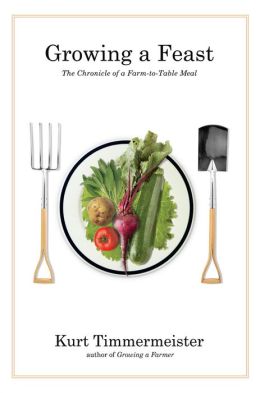 He cleared the property while living in the chicken coop. Eventually, he sold off his cafes to focus on living off his new land. Through trial and error, Kurt learned to harvest honey from bees, raise chickens, grow vegetables and manage a raw dairy farm. In the beginning, Kurtwood Farms was supported by weekly farm-raised-only dinners in the Cookhouse. His new book, Growing a Feast, is the story of the last Cookhouse dinner. It's not about who hogged a conversation, flirted or drank too much, but a chronicle of how the meal enjoyed by 22 people that night got to the table. The journey begins two years earlier, with the birth of Alice, the Jersey cow whose milk provides the butter and cheese. Then to the planting of a neighbor's prized "extra meaty" tomato seeds, mushrooms foraged in a nearby forest, currants plucked and pickled and quince paste gelled. He collects eggs from his chickens to make the pasta. Finally, there is the unforgettable slaughtering of a steer on a cool September morning.
He cleared the property while living in the chicken coop. Eventually, he sold off his cafes to focus on living off his new land. Through trial and error, Kurt learned to harvest honey from bees, raise chickens, grow vegetables and manage a raw dairy farm. In the beginning, Kurtwood Farms was supported by weekly farm-raised-only dinners in the Cookhouse. His new book, Growing a Feast, is the story of the last Cookhouse dinner. It's not about who hogged a conversation, flirted or drank too much, but a chronicle of how the meal enjoyed by 22 people that night got to the table. The journey begins two years earlier, with the birth of Alice, the Jersey cow whose milk provides the butter and cheese. Then to the planting of a neighbor's prized "extra meaty" tomato seeds, mushrooms foraged in a nearby forest, currants plucked and pickled and quince paste gelled. He collects eggs from his chickens to make the pasta. Finally, there is the unforgettable slaughtering of a steer on a cool September morning.



_Annika_Lee.jpeg)
 Fan utters the mysterious phrase, "Where you are" shortly before departing B-Mor. Does knowing "where you are" work as deliverance?
Fan utters the mysterious phrase, "Where you are" shortly before departing B-Mor. Does knowing "where you are" work as deliverance? 